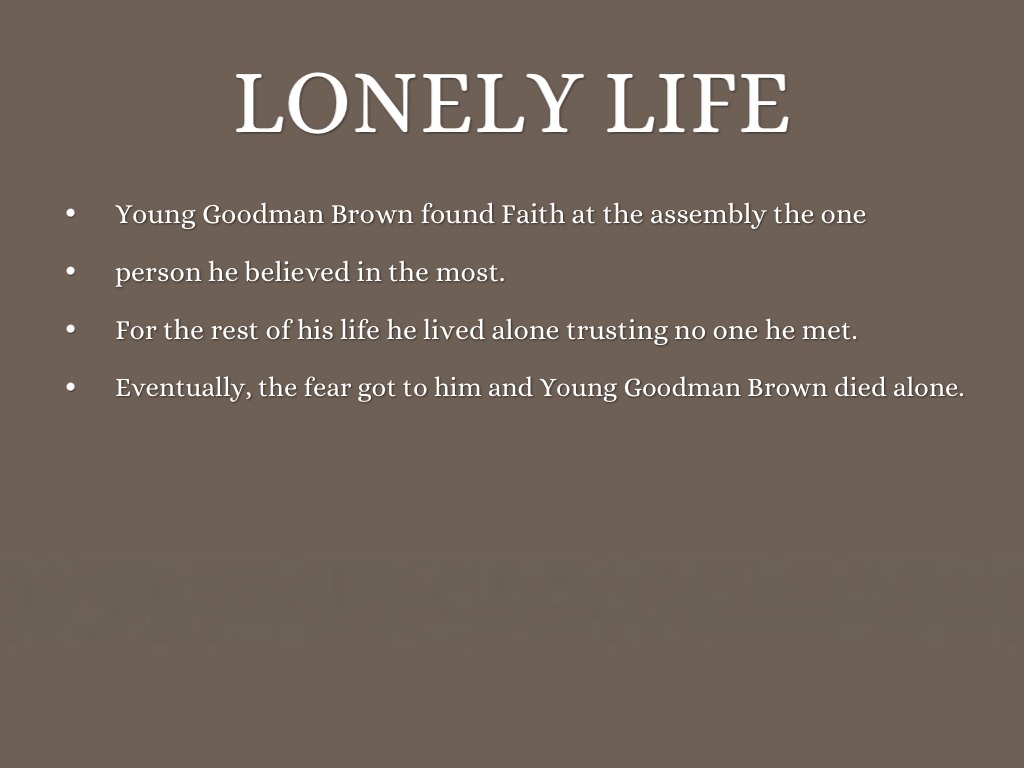Dry begging has become a popular term in recent years, particularly in conversations surrounding social media and online interactions. In essence, dry begging refers to the act of subtly asking for help or support without directly stating the need for assistance. This behavior often manifests in various forms, such as vague social media posts or passive-aggressive comments that suggest a person is struggling but does not explicitly ask for help. Understanding the nuances of dry begging is crucial, especially in today's digital age where communication can be easily misinterpreted.
In this article, we will delve into the concept of dry begging, its implications, and why it matters to both individuals and the broader community. We will explore the psychological aspects behind this behavior, its impact on relationships, and how to navigate conversations surrounding it. By the end of this article, readers will have a comprehensive understanding of dry begging and its relevance in modern society.
As we examine dry begging, it is essential to approach the topic with empathy and an open mind. Many individuals engage in this behavior due to various reasons, including emotional vulnerability, fear of rejection, or a desire to maintain independence while also seeking support. By fostering awareness and understanding, we can create a more compassionate environment for those who may be struggling.
Table of Contents
- Definition of Dry Begging
- The Psychology Behind Dry Begging
- Impact on Relationships
- Navigating Conversations about Dry Begging
- Examples of Dry Begging
- Dry Begging on Social Media
- How to Support Someone Who is Dry Begging
- Conclusion
Definition of Dry Begging
Dry begging can be defined as the act of hinting at a need for support or assistance without directly asking for it. This behavior often involves emotional cues and indirect language that suggest a person is in need but stops short of a clear request for help. For example, someone might post on social media about feeling overwhelmed without explicitly stating that they need someone to talk to or help with a specific issue.
Characteristics of Dry Begging
- Indirect communication
- Vague expressions of need
- Passive-aggressive remarks
- Emotional cues that signal distress
The Psychology Behind Dry Begging
Understanding the psychological factors that contribute to dry begging can provide insight into why individuals may choose this form of communication. Several key reasons include:
- Fear of Vulnerability: Many people find it challenging to express their needs openly due to fear of being perceived as weak or needy.
- Desire for Independence: Some individuals prefer to maintain a sense of autonomy, which can lead them to hint at their needs rather than explicitly stating them.
- Social Dynamics: The fear of rejection or ridicule may prevent individuals from directly asking for help, leading them to adopt a more passive approach.
Impact on Relationships
Dry begging can significantly affect interpersonal relationships, often leading to misunderstandings and frustration on both sides. When someone engages in dry begging, their friends or family may feel unsure about how to respond, leading to a lack of support when it is needed most. This can create a cycle of miscommunication and emotional distance.
Consequences of Dry Begging in Relationships
- Increased frustration among friends and family
- Potential feelings of isolation for the individual engaging in dry begging
- Misinterpretation of intentions
Navigating Conversations about Dry Begging
When addressing dry begging, it is essential to approach the conversation with sensitivity and understanding. Here are some tips for navigating these discussions:
- Encourage Open Communication: Foster an environment where expressing needs is normalized and welcomed.
- Be Direct: If you suspect someone is dry begging, gently encourage them to articulate their needs more clearly.
- Practice Active Listening: Show empathy and understanding to create a safe space for honest conversations.
Examples of Dry Begging
Identifying dry begging can be challenging, especially in a digital context. Here are some common examples:
- Social media posts expressing general feelings of sadness or overwhelm without a clear request for help.
- Subtle hints dropped in conversations, such as mentioning financial struggles without directly asking for assistance.
- Comments that imply a need for emotional support but lack direct communication.
Dry Begging on Social Media
In the age of social media, dry begging has taken on new dimensions. Platforms like Facebook, Instagram, and Twitter provide users with the ability to share their feelings and experiences with a broad audience. While this can foster community support, it can also lead to confusion regarding the intent behind posts.
Recognizing Dry Begging on Social Media
Some signs to recognize dry begging on social media include:
- Posts that include vague statements about feeling down or overwhelmed.
- Comments that elicit sympathy or concern without a request for help.
- Frequent sharing of negative experiences without seeking solutions.
How to Support Someone Who is Dry Begging
If you suspect that someone is engaging in dry begging, here are some ways to offer support:
- Reach Out: Send a direct message or text to check in on them, expressing your concern and willingness to listen.
- Encourage Them to Open Up: Let them know that it’s okay to express their needs more explicitly.
- Offer Help: If appropriate, offer specific forms of assistance, whether it’s emotional support or practical help.
Conclusion
In summary, dry begging is a complex behavior that can stem from various psychological factors and can significantly impact relationships. Understanding the nuances of dry begging is essential for fostering open communication and providing support to those in need. By encouraging direct communication and practicing empathy, we can create a more supportive environment for ourselves and others.
We invite you to share your thoughts on this topic in the comments below. If you found this article helpful, consider sharing it with others who may benefit from understanding dry begging and its implications.
Thank you for reading, and we hope to see you back on our site for more insightful articles!
Article Recommendations


